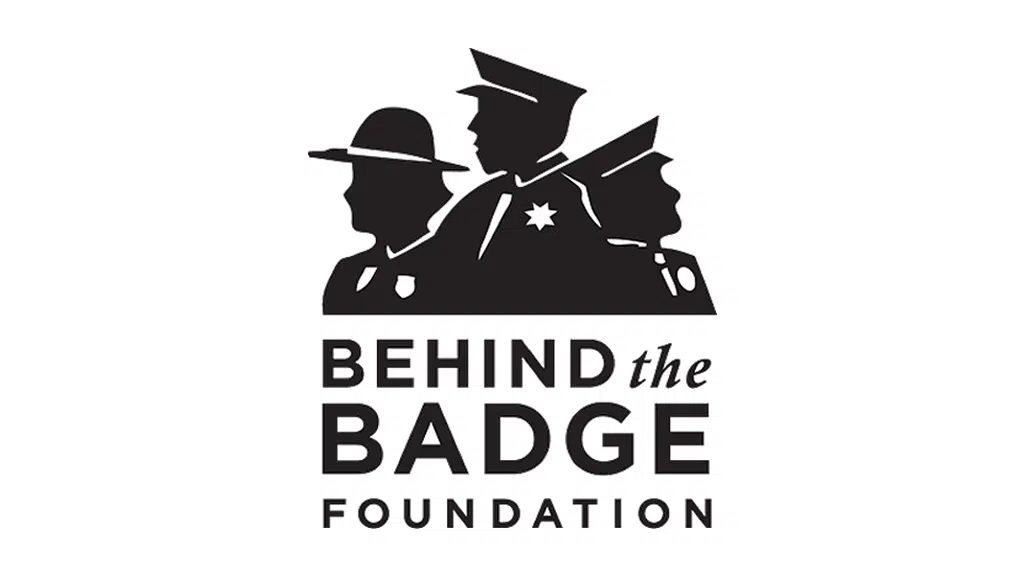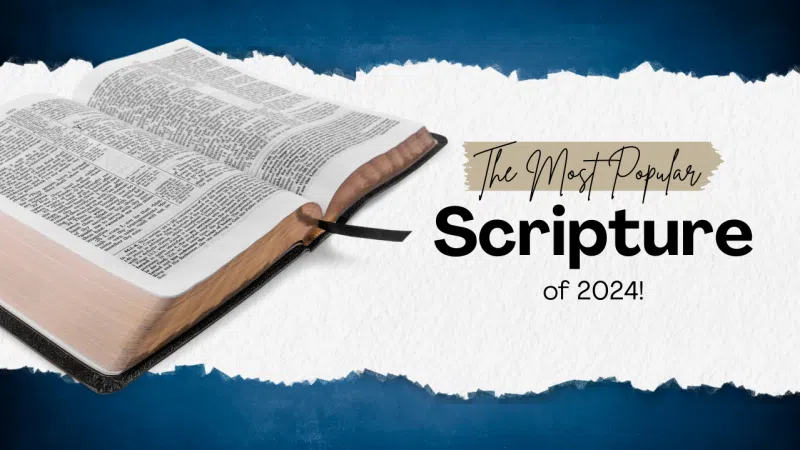John Lovick was a police officer who has just pulled over a drunk driver. While he was sitting in the parking lot filling out his case paperwork, another police officer pulled alongside his car to chat. This other policer officer asked, “How do you handle all the stress of the job.”
John was in a hurry and didn’t think much of it. He simply told the man that he just sucks it up. It’s part of the job.
“But, really,” the man said. “How do you process all of the things that go on. How do you figure out how to manage the stress.” John answered him quickly before having to go take care of another call.
The man later committed suicide. John shares his story and reminds us all of the ways we can help those around us.
We are in a time of life where the helpers around us are stressed to the max. There are opportunities that we all have to come alongside these helpers to build them up and help them avoid burnout and drastic choices. These listening skills can apply to many areas of life!
- Talk less. Listen more. Slow down and make sure that you are really hearing what the person is trying to tell you.
- Ask questions. The best way to get to the bottom of something is by asking questions. Don’t do this in a defensive way, but just dig deeper and try get to the heart of the matter.
- Do not stress about saying the right thing. Sometimes the best thing is to just be there, be open and be willing.
- Silence isn’t always a bad thing. Processing time may be required for the person to open up. Allow that space.
- Don’t take over the conversation. While sharing personal experiences can be a great way to connect, don’t allow your own situation to take over the conversation. It can be easy to make the conversation about you.
- Know when you need help. Have some resources available to help. Offer information about counseling or other resources when the time is right. Follow up and see how it is going.
- Support where needed. Sometimes the best way to help is to encourage someone so they know they aren’t alone. Show up, offer a helping hand, bring a coffee, write a thank you note. Simple things can make a world of difference.
We all have a responsibility to help our helpers. Here are a few additional resources to encourage police officers, their families, dispatchers, support personnel and others who may need extra support.
6 Ways to Encourage Police officers, their Families, Dispatchers & Support Personnel
Saying Thank You to Our First Responders – A Special Service Project for Kids *With Templates*


















